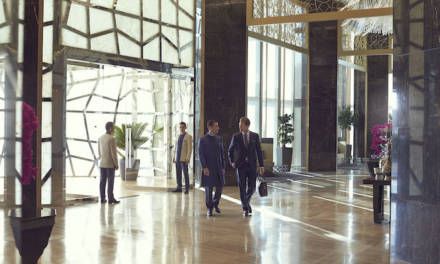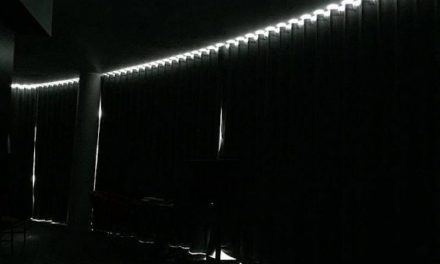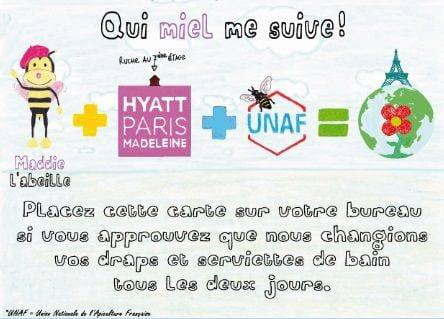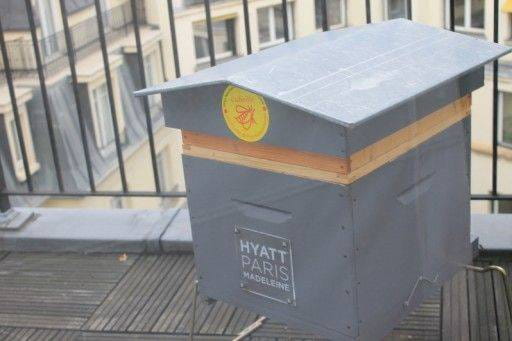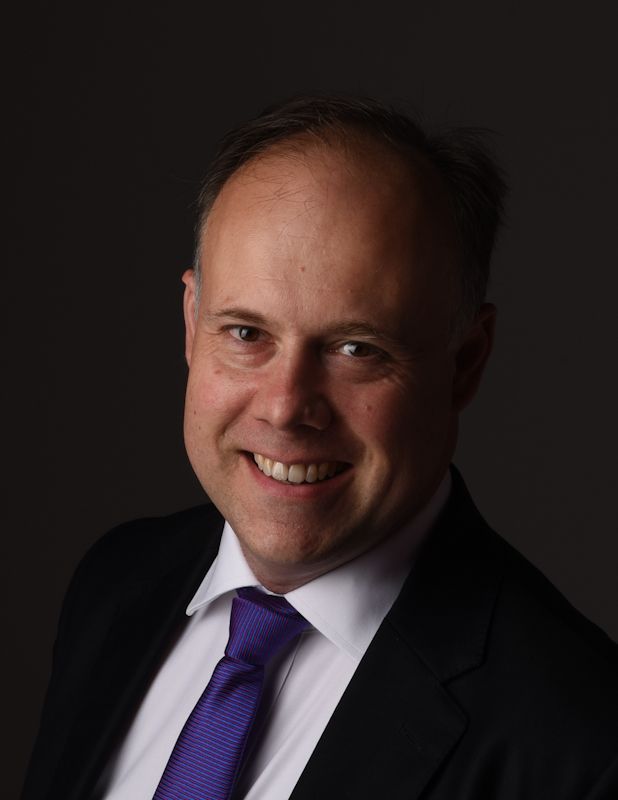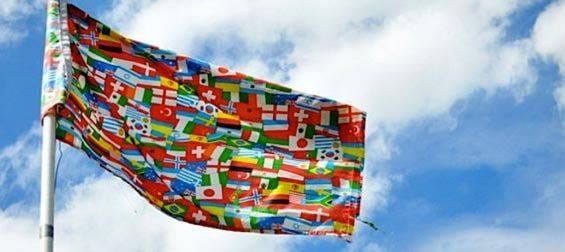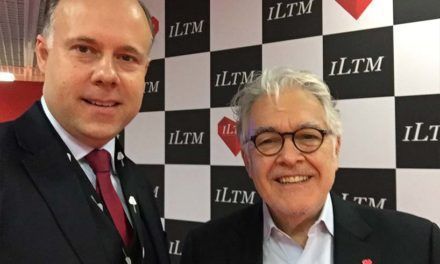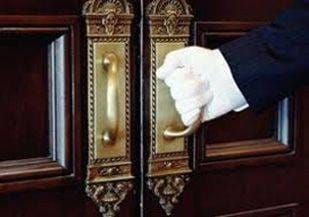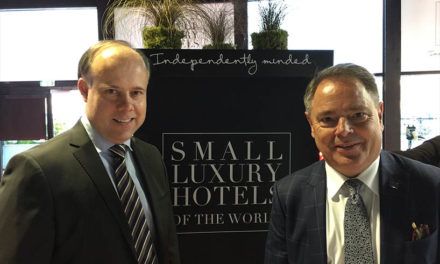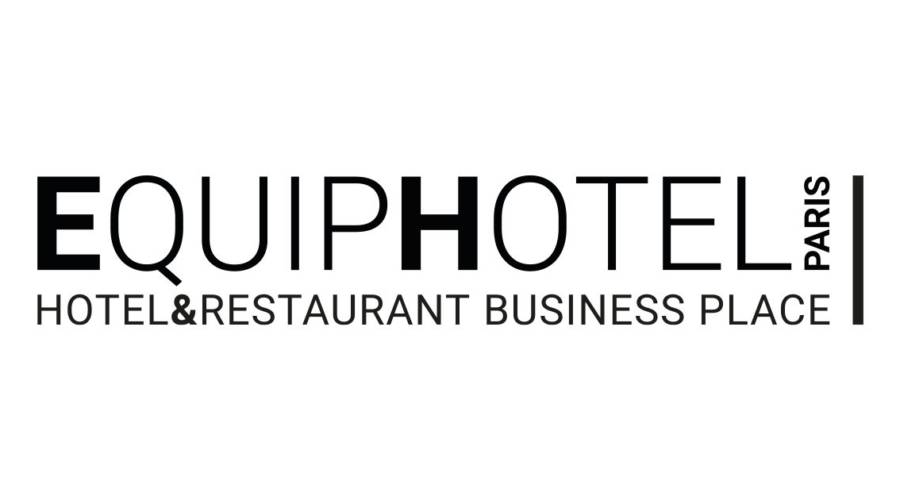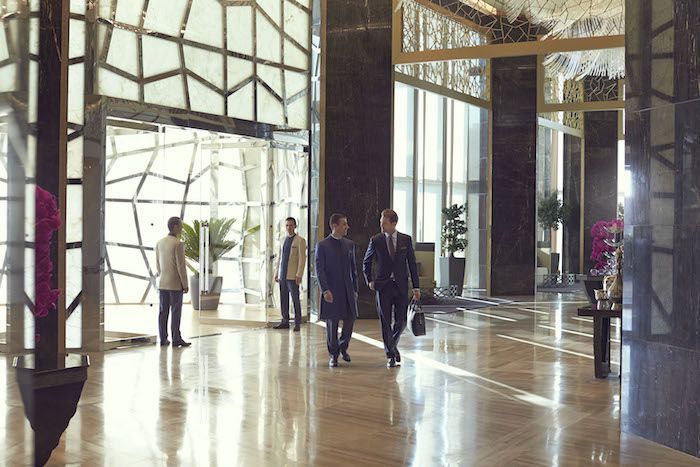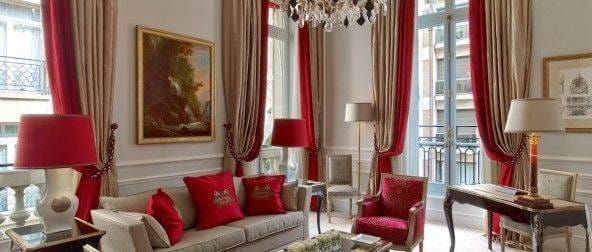The Hyatt Madeleine’s Commitment to Sustainable Development
I recently had the pleasure of visiting the Hyatt Paris Madeleine Hotel in the 8th arrondissement, located beside the head office of my business. It is a charming boutique hotel, with 86 rooms spread out over seven stories. It boasts a bar, in addition to two restaurants led by an incredible chef who may make an appearance later on my site.
I thoroughly enjoyed the ambiance of this hotel, as well as the collaborators I was able to meet on various occasions. At the Hyatt Paris Madeleine, the teams seek day by day to guarantee an impeccable level of service, and they engage in an active movement towards sustainable development. This is an important subject in the hotel industry. I have always remained conscious of this issue ever since I organized a forum back in 1998 at Fontainebleau on the role of sustainable development in UICN. My professional activities have even led me to be responsible for one hotel chain’s commitment to sustainable development.
Upon visiting the hotel, I discovered that they maintain a beehive on the roof, which filled me with the need to speak to you all about this project. This beehive is in many ways a symbol of a sustainable development project that they involve their clients in. In fact, to showcase the fact that they own a beehive, the reception staff hands to the client at the time of check-in a small homemade card that reads: “Do you bee-lieve in me?” They then describe to the client their involvement in sustainable development. If the client wishes to participate in the Green Program, he or she has only to place the card on the desk of their hotel room. From then on, the sheets and towels in his or her room are changed once every two days.
The Green Program card, which is handed to clients of the Hyatt Madeleine upon check-in
Laura Scognamiglio, a member of the Marketing Communication department, shared to us the reactions of the clients: “We have seen very different reactions, often depending on the clients’ nationalities. Our American clients, for instance, love it! They are receptive to this project, since they are used to it! Especially those who come on vacation. Often, they ask if they can see the beehive. It is a pleasure for us to satisfy their curiosity. They put on the beekeeping smock and go off to see the hive—always accompanied, of course.”
Not all clients are fans of sustainable development programs. It is for this reason that each hotel must find an appropriate dialogue in accordance with the reserves of their clients. One must avoid, for instance, dialogues that moralize or induce guilt from the clients.
What reasons would prevent a client from supporting a commitment to sustainable development?
Those who do not participate in a program choose not to either because the environment is not a priority for them—and in this case, they perceive it as an inconvenience—or because, a much rarer case, they perceive that in a 5-star hotel, it is normal to waste the towels or change the sheets each day. This is very uncommon, however, and it describes largely French reactions. The Americans and the Japanese, for instance, are only too happy to participate! I remember a comment that a client wrote to me back when I was Director of Accommodations and Reception at a hotel. This client slept alone at the hotel and had stayed for two nights. At the time, we changed the sheets each day. This client had told me that he only slept on one side of a bed that measured 1.8 meters long, allowing him to easily use the middle of the bed, followed by the other side of the bed, and that it was therefore unnecessary to change the sheets. If this anecdote makes you smile, it has often been my opinion that the clients of our hotels were far more ahead of the times on these issues and that it was up to us hotel directors to make progress on such subjects.
The impact of a sustainable development program with regard to staff
Putting actions in place to protect our planet is a unifying action for the hotel staff. It is important to involve the members of staff since they will be the first ambassadors of this commitment. At the Hyatt Paris Madeleine, the idea of the hive first came from the Accommodations Director, who was passionate about apiculture. The idea did not arise from the international chain and was therefore subject to the standards imposed by Hyatt. The Accommodations Director then expressed a wish to involve everyone in this project. Laura Scognamiglio explained to us: “Each team within the hotel has played a role. We involved our designers to produce the card that describes the concept to our clients, we ourselves brainstormed around the colors and the message, we alerted our sales representatives to assure our clients’ loyalty to the project, we consulted the cleaning staff to find out where best to place the cards, and we involved the restaurant staff, too, since, of course, we use honey in our food! All the teams have therefore been involved and have been made to feel like an active part of the project. These steps have made it overall rather easy to bring about a general compliance.
The head of every department was able to organize their own honey tasting event with their team. Everyone was then able to talk about it, and this shows the progression of an idea, from concept to reality.
The installment of the beehive has succeeded in conveying this message about sustainable development in an even more visible manner with regard to the client, who himself then feels involved in the project. This is a significant departure from projects that, for instance, announce that the proceeds from a sale will go towards helping victim organisms of reforestation. Believe for yourselves that this same message will no longer be valid in five years, since no hotel has been able to set aside this kind of budget from year to year.
The Hyatt Group has always been a driving force in actions supporting sustainable development. Previously, the Hyatt Paris Madeleine Hotel did not have a document to show to formally demonstrate the hotel’s commitment to this project. It was up to the reception staff to verbally offer the choice to the client of committing to the environmental cause, and the client would themselves have to voice their participation directly to the cleaning staff. This, of course, did not earn much involvement. At the time, the teams did not witness much return for their efforts: the clients were either rushed or simply uninterested—they did not feel as if they were truly involved in the project. Once the new card system was put in place, the hotel saw many more interested participants. Right away, the clients began asking more questions.
For Laura Scognamiglio, the success of this program lies in the fact that the discourse has not been one based on moralizing, but on teaching. My congratulations to the teams and the clients of this hotel for committing to this cause on a daily basis! The teams are looking forward to installing their second beehive as their next step and are thinking as well of installing a vegetable plot on the roof!
La Ruche sur le toit de l’hôtel
Laurent Delporte, an editor and conference speaker, is a strategic expert in the sector of hotels. A visionary, he brings his unique look on hotels in service to the decision-makers in the industry, whether to enhance the development of new projects or strategic visions.
Laurent has visited and audited over 350 hotels across the world and also participates in mystery visits to provide quality control for the world’s finest hotels.


 HOME
HOME